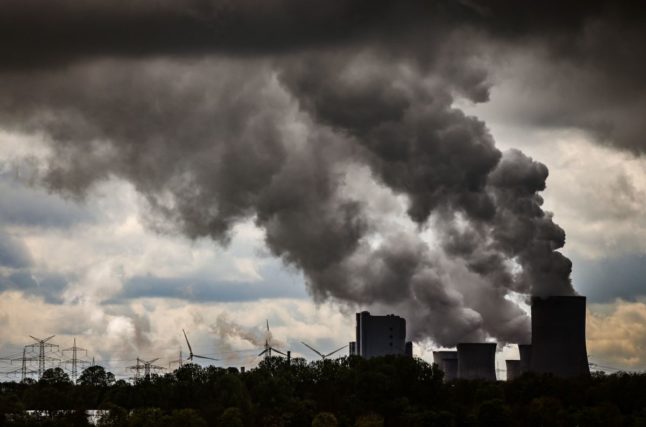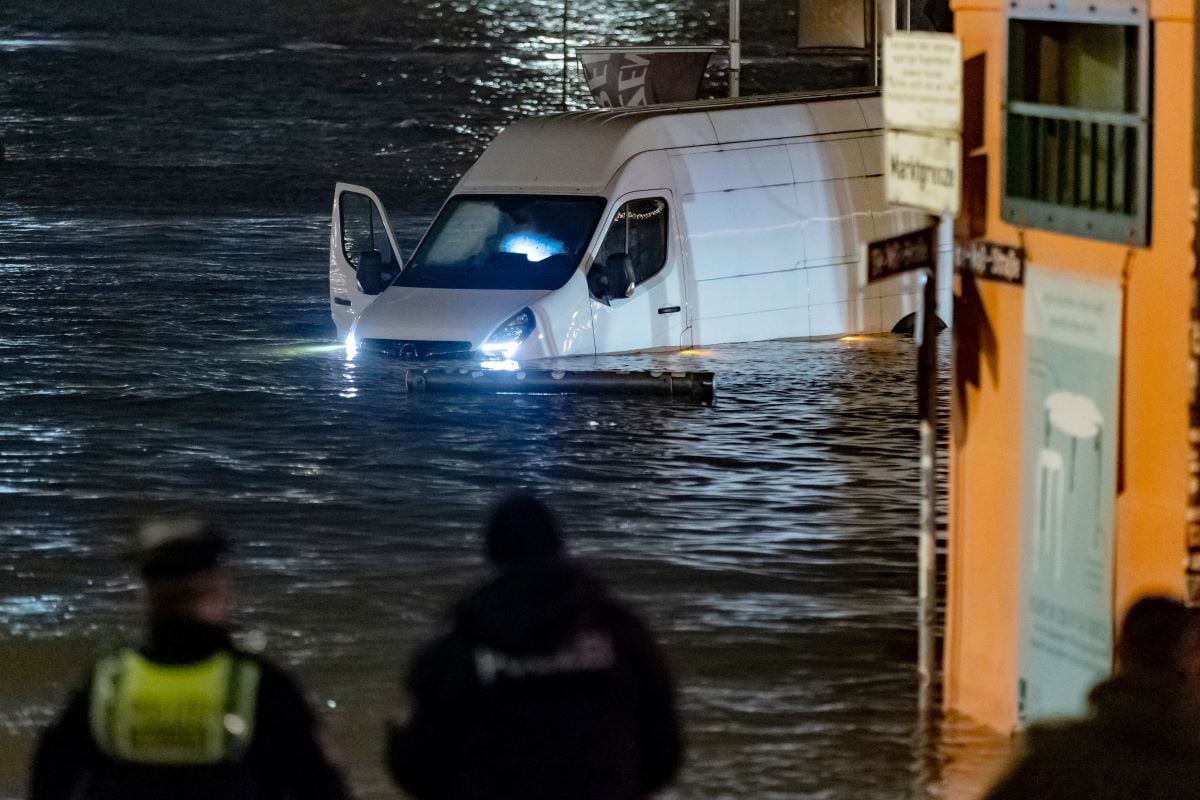The brutal cold front blowing in from the North Sea could hit northern Germany with high winds and torrential downpours as soon as the early hours of Saturday morning, according to the Meteomedia weather service. “Another trough of low pressure could cause further stormy conditions in some areas on Sunday,” said meteorologist Gustav Puhr.
The German Weather Service (DWD) expects that nearly the entire country will have to contend with gale force winds up to 95 kilometres an hour on Saturday. Particularly hard hit will be open water and mountainous terrain, which would see winds gusting over 118 kilometres an hour. The DWD advises anyone who doesn’t need to go outside to stay warm and dry at home, as trees could be uprooted and roof tiles ripped off houses. “A walk in the woods on Saturday can only be described as a highly unadvisable life-threatening endeavour,” warned the DWD.
According to Meteomedia, torrential rain with possible thundershowers will hit many parts of Germany early Saturday. The heaviest precipitation is expected in the east half of the country and in the Alps and other mountainous regions. Snowfall is likely in elevations over 500 metres. Coastal areas including Hamburg and Bremen could be hit by a storm surge. Temperatures across the country will reach 7 to 11 degrees Celsius, with the extreme southwest reaching 13 degrees.
The weather will calm little late on Saturday as another storm front blows through. Temperatures will drop to between 4 and 8 degrees. Sunday will begin cloudy and wet with the snowfall level fluctuating between 600 and 1,400 metres. Especially the eastern Erzgebirge mountains and parts of Bavaria can expect heavy precipitation. The strong winds will only start to tail off late on Sunday afternoon, as temperatures reach 7 to 12 degrees.




 Please whitelist us to continue reading.
Please whitelist us to continue reading.